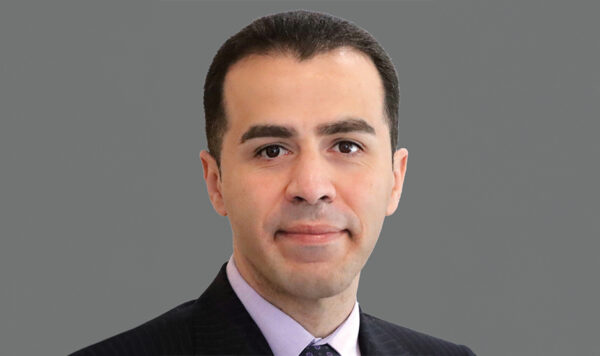
- This event has passed.
Seminar Speaker: Mostafa Yourdkhani, Arizona State University
February 7 @ 11:00 am – 12:00 pm

Digital Manufacturing of Fiber-Reinforced Polymer Composites
Abstract
Fiber-reinforced polymer composites can utilize continuous or discontinuous reinforcements. However, in either case, traditional manufacturing requires costly tooling and is typically both energy and labor-intensive. Automation systems have been applied to perform material laydown; however, the composites created tend to show the same limitations, in fiber position, orientation and path, as conventional hand lamination. To address the costly tooling and the energy- and labor-intensive aspects, techniques have been under development to combine aspects of 3D printing and continuous fiber positioning. This presentation describes new digital approaches for rapid, energy-efficient, and cost-effective manufacturing of fiber-reinforced polymer composites, using both continuous and discontinuous fiber reinforcements. The challenges associated with the traditional manufacturing of composites are addressed by developing and integrating novel material systems while investigating their underlying processing-structure-property relationships. Specifically, thermally responsive resin systems with tunable functional composition and reaction kinetics are developed to enable on-demand, rapid curing of composites with minimal energy input. These new manufacturing capabilities unlock the potential for designing lightweight and multifunctional structures previously deemed unfeasible through traditional approaches.
Biography
Dr. Mostafa Yourdkhani is an Associate Professor in the School of Manufacturing Systems and Networks (MSN) at Arizona State University (ASU). His main research interests include advanced and sustainable manufacturing of polymer composites, digital manufacturing of structural composites, processing science of composites, multifunctional materials, self-healing materials, and bio-inspired material design. Dr. Yourdkhani has received several awards and recognitions for his research, including the CAREER award from the National Science Foundation (NSF), the Early Investigator Award from ACS Polymeric Materials: Science and Engineering (PMSE), the Young Scientist Award from the International Contest for Innovation (iCANX), and Rising Start of Mechanical Engineering from American Society of Mechanical Engineers (ASME). His interdisciplinary research has been supported by NSF, Department of Energy (DOE), Department of Defense (DoD)-Navy, National Research Council Canada (NRC), and Colorado Office of Economic Development and International Trade (OEDIT) in collaboration with industry partners and national laboratories.
